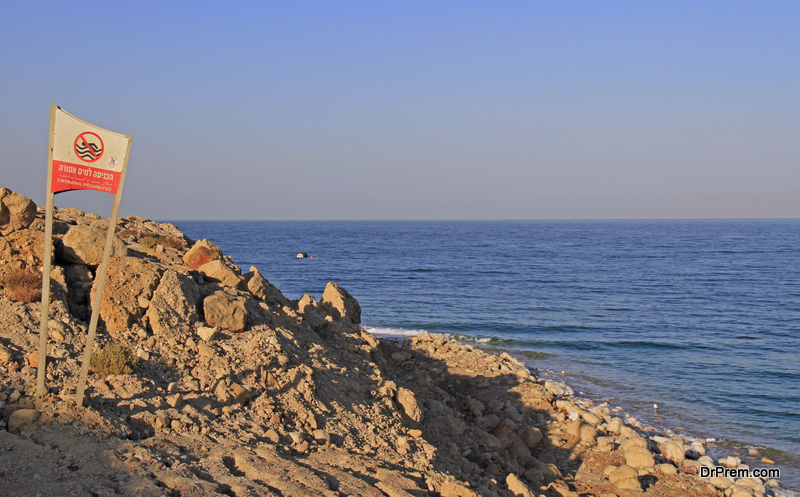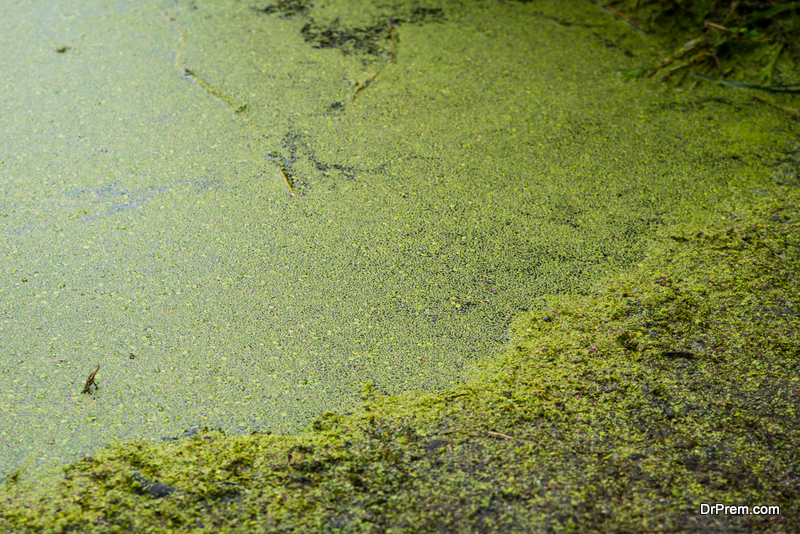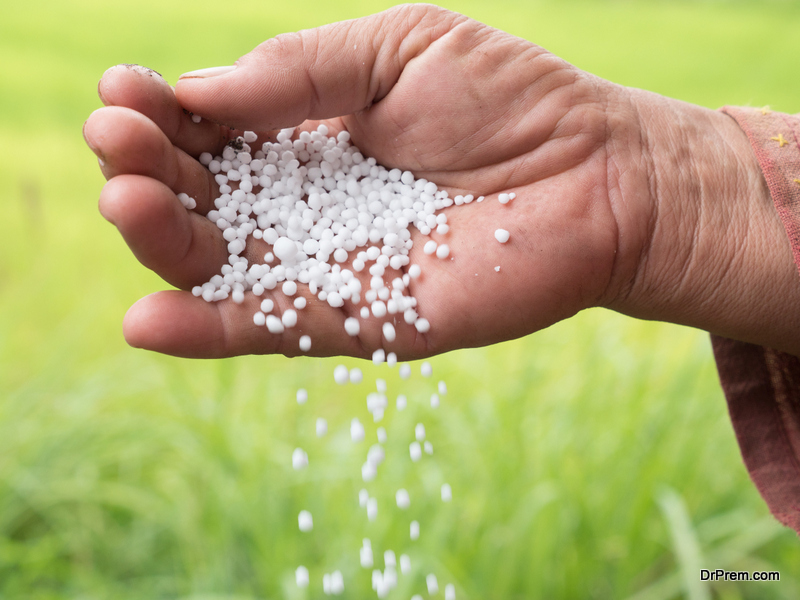Oceans form a very important part of our environment. If three-fourth of the world is covered by oceans, you can well imagine the impact of oceans on the overall environment. This makes the health of an ocean an important factor but yet we see today that ocean pollution is the biggest in the world. There exists a whole separate world of marine ecosystem and marine creatures under the oceans. Human activities are having an adverse impact on marine life and one of the biggest examples of that is the instance of dead zones around the world.
What exactly are these dead zones around the world?
 Dead zones are also known by the name of hypoxic region since it is made by hypoxia. This is a result of a condition of oxygen amounts not being sufficient. The ocean dead zone is large areas that can also exist in other large water bodies. It is a natural phenomenon and the shifting of the regular set pattern of winds and water can also cause the ocean dead zone.
Dead zones are also known by the name of hypoxic region since it is made by hypoxia. This is a result of a condition of oxygen amounts not being sufficient. The ocean dead zone is large areas that can also exist in other large water bodies. It is a natural phenomenon and the shifting of the regular set pattern of winds and water can also cause the ocean dead zone.
But what concerns us the most is how much of an effect human activities are having on the marine ecosystem. Unregulated industrial activities are giving rise to such zones and this pollution is creating dead zones around the world with scary consequences for marine life.
Causes of dead zones around the world
- Eutrophication creates a huge problem: Eutrophication is basically the process of the environment underwater reacting to runoffs from land. This creates an excessive abundance of nutrients and encourages algae growth. This growth is unregulated and fast.
- Absence of sunlight: This overgrowth of algae has a serious impact by blocking sunlight which is so very essential for life underwater. In fact the essence of sunlight is as much under water as it is on land. Plants under water have difficulties in performing photosynthesis in the absence of sunlight.
- Sources of oxygen: Plants are one of the major sources of oxygen under water and thus naturally the impact on marine life is huge and destructive.
- Sunlight in Littoral zones: Closer to the landmasses, the zones are in an even greater need of sunlight. In these littoral zones sunlight is deeply absorbed by the ground. This condition is a boost for plants to grow. Any hindrance or disturbance to this natural process and the life cycle under water and the ecosystem crashes. Death is caused in large numbers and it only adds to the already existing polluted conditions.
- Oxygen minimum zones: When life under water becomes almost non-existent, the oxygen being circulated underwater is much less than before. This creates oxygen minimum zones and that literally spells doom for marine ecosystem.
- Insufficient nutrients: Nutrients much beyond the sufficient quantity is another huge problem. The organic sources of food face a threat of existence and it also actively erodes away the natural habitats. Also a high quantity of nitrogen alongside phosphorus leads to a much faster multiplication of algae.
- Multiplying Cyanobacteria: Cyanobacteria, which thrives in the presence of high nitrogen content and phosphorus materials are rapidly multiplying. Since it can rely on itself for food and growth it is hard to arrest its growth once it begins. What adds to the problem is that fish or any other underwater creatures are unable to eat these algae.
Effects of ocean dead zone
- Blocked dead zones: An aquatic creature has all its routes of escape virtually blocked once it enters into dead zones around the world. There is no way for them to pre-detect the presence of such a zone and once inside it is only a matter of time before they drop dead.
- String of incidents affect: The biological systems of the fish also suffer a blow due to this string of incidents. They experience changes in their organs which start malfunctioning. This affects reproduction and health of such creatures eventually even wiping out some species from the face of the world.
- Depleting the biodiversity: The biodiversity in the oceans is a key to the underwater ecosystem. Depleting consistently it shatters the natural structure eroding the general ocean environment quality.
- Economic dependence: This is also bad news for local fisherman. Their economic dependence is facing a threat which in turn is threatening their occupation.
- Poor Marine quality: The threat to humans is not just indirect from this. Seafood is a delicacy for many and fish is a part of the staple in many parts of the world. The poor quality of marine life puts the entire food habit at risk and also poses a threat of some contamination by consuming fishes and creatures affected by polluted water.
Some possible solutions
- Bring under government guidelines: When we try to check a problem, the best solution is always to nip it in the bud. Similarly like we already discussed, one of the major issues in the formation of dead zones around the world is the unchecked waste from factories and industries that meet the sea water. The first solution thus will be to check that problem. Industries need to be brought under government guidelines to treat their chemical wastes before disposal. Heavy penalties should be levelled on defaulters.
- Use less fertilizers: The general public also has to grow awareness. The threat is among the biggest in the world and we can do a lot to help its cause. Decreasing the quantity of fertilizer in farming near the water bodies is a good way to go about it.
- Ocean is not a dustbin: The oceans are often used as the world’s common dustbin where tons of waste is regularly disposed without a care. This increases the toxicity of the waters making it an initiating process for all the process we just discussed.
- Chemical effluents can save marine life: Chemical effluents are something the world needs to deal with better and that itself if accomplished goes a long way in saving marine ecosystem.
Conclusion
The threat of dead zones around the world is real and the sooner we acknowledge the problem the faster we can address the issue. Marine ecosystem is a pivotal part of the nature we experience on the earth. We have learnt in this article that it is all very much interconnected and eventually comes around to affect humans. So better late than never should be the motto and the world must act accordingly.





